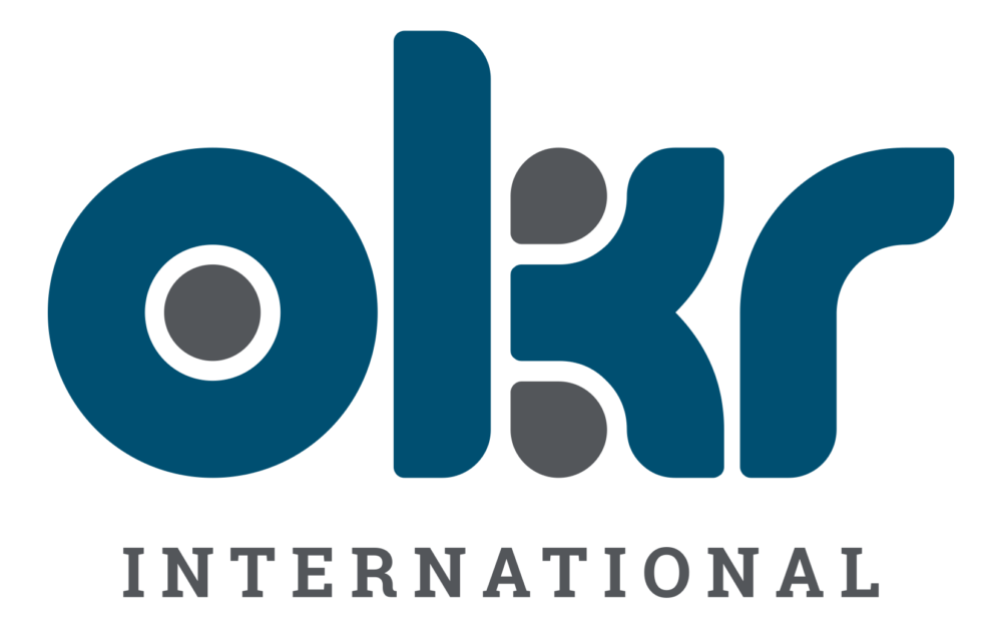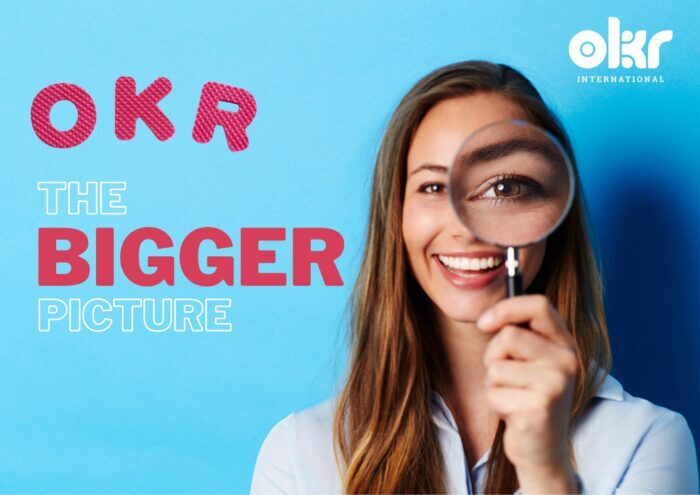OKRs: The Bigger Picture
OKRs, Personal Development and Progression
Getting the bigger picture on OKRs brings the much needed perspective. To start with, what are OKRs? OKRs, which stands for Objectives and Key Results, is the goal setting framework that started being used at Intel and Google with great effect over 20 years ago. The rest is history, and I guess the reason why you’re reading this post.
Like any framework or tool. It can be used well and as intended, or the opposite can also be true. The biggest mistakes I see being made is the one I want to address here.
OKRs are everything that’s going on, NOT the most important things.
OKRs done well means there might be only two, three or four objectives at each level of an organisation; each with typically two or three Key Results, the ‘how you’re going to measure success?’ Less is more and there’s an 80/20 feel to your goals. Fewer OKRs then means not everyone can own an OKR, even if Key Results have different owners.
A lot more people can collaborate on OKRs, but again, this doesn’t mean everyone is involved. It is way more likely that more people are involved in the projects and tasks driving progress of OKRs, and the important activities sitting outside the OKRs – the Business-as-Usual.
If this is not understood you get OKRs that are the dumping ground for every KPI and activity that’s going on in a company. Nothing is and everything is a goal.
From partial story to a bigger picture
So when it comes to discussing your contribution to a company and team’s performance, OKRs can be referenced but are not the sum of anyone’s contribution. And for some, they did not contribute. Which can not and does not mean that they made no contribution.
What’s more, if they were the story, your motivation to ‘low-ball’ targets and play safe would be there, which defeats the purpose of OKRs. Stretch, along with accountability and transparency some of the frameworks ‘superpowers’.
What we contribute to a company goes beyond OKRs. Which means that an employee should be recognised for their contribution towards maintaining important business-as-usual levels of performance, the projects being worked on, their ideas, attitude, teamwork and more. Not to mention their own personal goals and personal development plan achievements.
So when it comes to discussing individual contributions and progression you need a more complete, bigger picture. Something that OKR software ZOKRI offers, whilst also being a highly capable pure play OKR system.
So if you’re considering OKRs my recommendation is to learn the right way, understand where OKRs fit into the planning and operational stack, and of course where OKRs fit into the HR conversation. That way you unleash the OKR superpowers and never leave an employees contribution unrecognized.
Matt Roberts
Co-Founder – Zokri
Matt has worked in marketing for over 20 years with SEO being his focus for nearly a decade. He’s the co-founder and the driving force behind Zokri.


